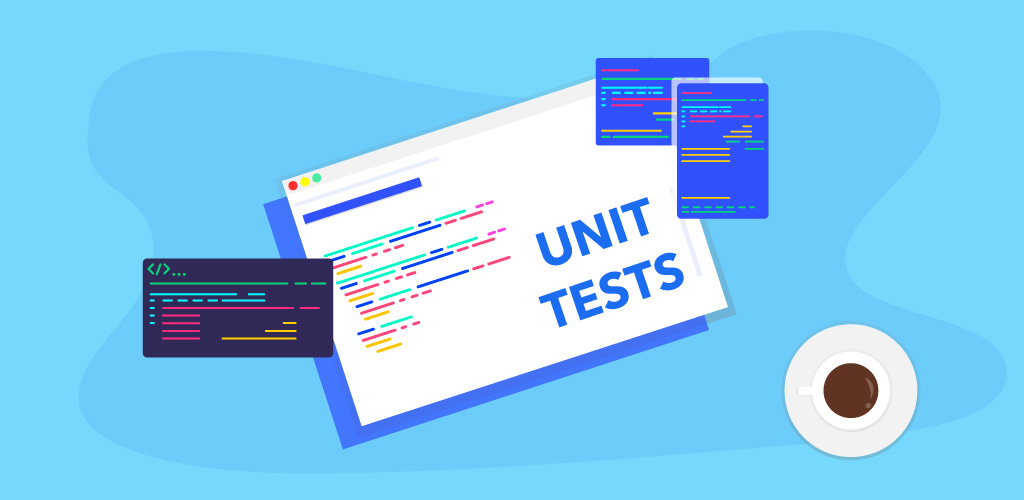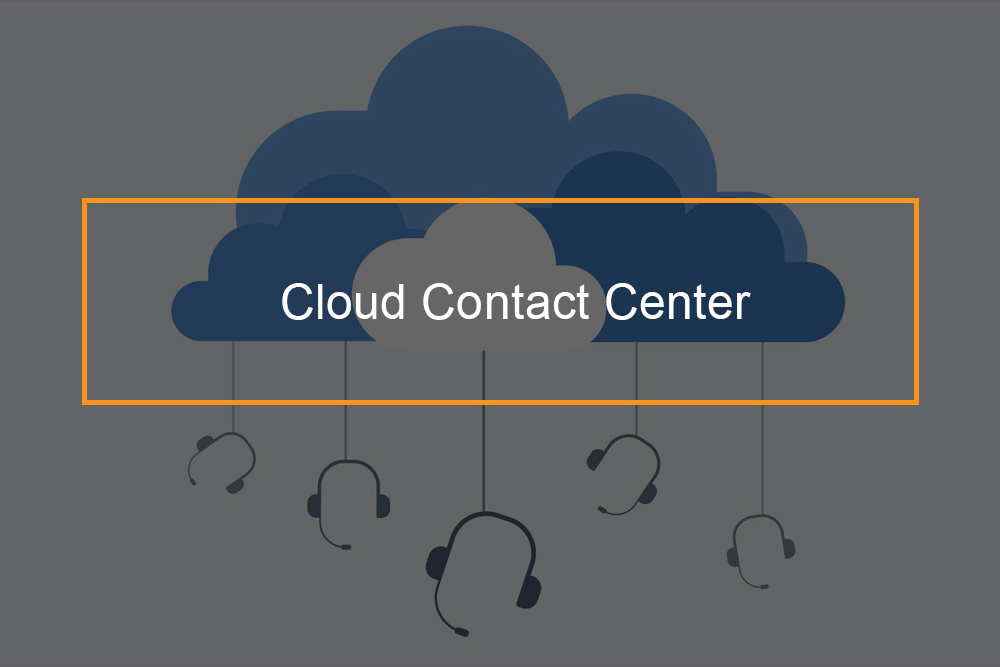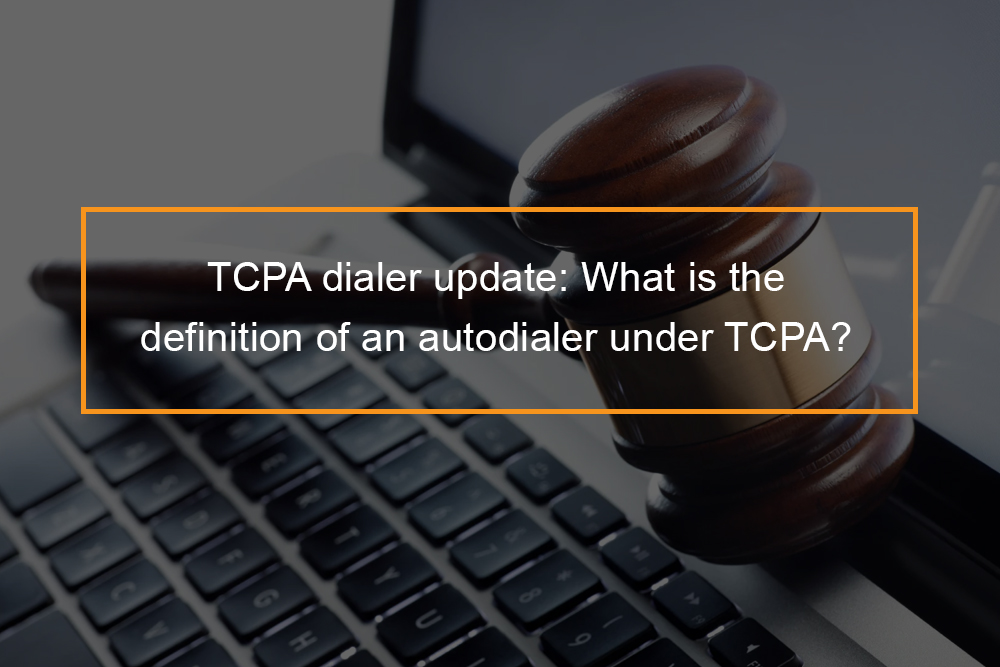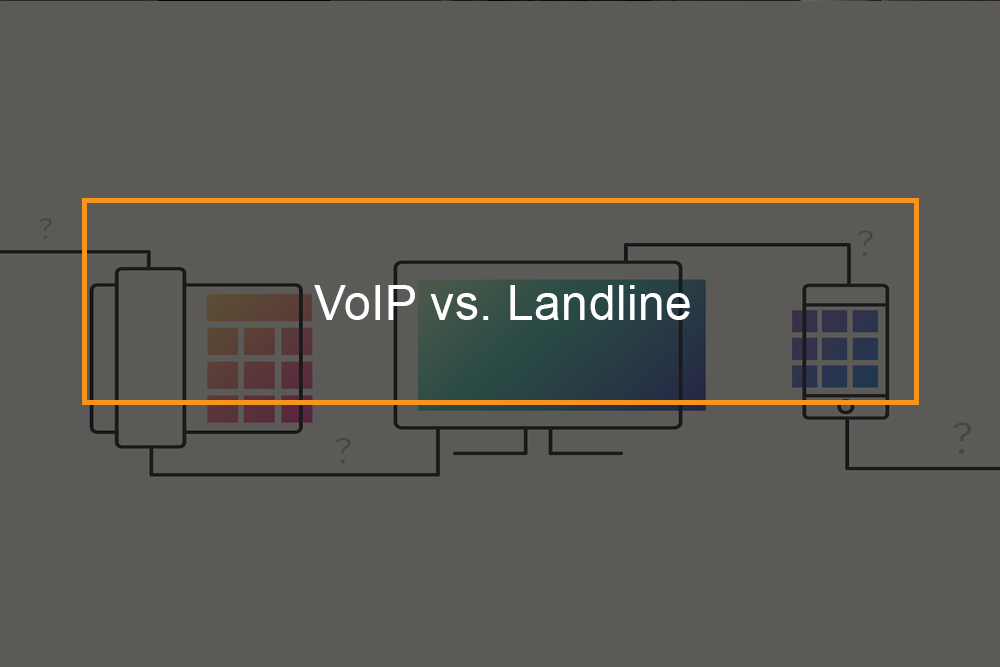Understanding the drawbacks of using VoIP
 As much as VoIP is hyped, it has its drawbacks. Some of the limitations of VoIP include:
As much as VoIP is hyped, it has its drawbacks. Some of the limitations of VoIP include:
- VoIP is heavily dependant on electricity and power supply
- VoIP is completely dependant on broadband or the internet
- The voice quality of VoIP may not be stable
- When it comes to 911 calls, VoIP is unreliable
- VoIP cannot be integrated with other systems at home
- VoIP may not function well with computers and laptops that have a low processor and inferior specification
- There are security concerns when using VoIP
Like any technology, VoIP is not perfect. This internet-based phone technology has its benefits but with no doubt has some limitations and concerns.
This article is to alert new users who want to jump into the VoIP bandwagon without knowing and understanding its limitations. It is not to discourage switching to VoIP, but it is to ensure users know how to deal with the concerns that are associated with VoIP.
https://www.youtube.com/watch?v=I3K5SN33nRY&t=18s
VoIP is heavily dependant on electricity and power supply
The first limitation and the most obvious concern with VoIP is that if there is no electricity or power supply, you lose your phone services too. This is because VoIP is an internet-based service. Landline phones, on the other hand, do not experience such problems. They are connected to a separate grid and are therefore not interrupted by power outages.
For businesses that are dependant on VoIP and the internet, such power interruptions can mean huge losses, which is unacceptable. This is why businesses have to invest in backup power supplies to remedy this problem. Backup power will allow your VoIP and internet services to keep running whenever there is an outage. Smaller businesses can get battery-based power backups connected to every computer network. Larger companies can afford to invest in backup generators.
VoIP is completely dependant on broadband or the internet
VoIP services rely very much on your internet service and the bandwidth your business uses. If you have a lot of computers, and they all use large amounts of data at the same time, then the VoIP services will face some limitations. Your video communications will become pixelated, and the voice will become garbled and unclear. And if the network is so much congested, then the call may drop or even fail to connect.
To correct bandwidth issues, get an IT expert to make sure your business has enough to support all connected devices. Enough data will mean that all connected devices can work at optimal levels without any interference.
If your internet is not reliable or stable, then the same problems will occur. Weak connection problems can be solved by switching to a better package with faster speeds or a faster and more reliable provider.
The voice quality of VoIP may not be stable
In VoIP, quality of service is how well you can make calls and the clarity of the voice. The calls should not experience any delays, echo, noises, or any other weird sounds. More or less, you need to communicate like you would when using a landline.
The quality of voice in VoIP is not as stable and reliable as that of a landline. With the traditional PBX phone, you were sure of what you will have when it comes to voice quality. In VoIP, voice quality, and the quality of service, in general, is dependant on a couple of factors. These include your hardware, your broadband connection, the current package you are subscribed to, the distances of the calls, etc.
If any of these factors are not at optimum levels, then the quality of VoIP calls will drop slightly. Normal phone calls are so advanced that a slight drop in VoIP quality does not go unnoticed.
So many factors have an impact on the quality of VoIP because of how delicate it is transmitted.
Voice data has to be compressed for it to be transmitted and the decompressed for it to be delivered and understood. All this encoding and decoding has to be done very very fast. Any delay in the process, even it is is just by milliseconds, then the call quality will be reduced and who most likely result in echos in the call. Such delays are caused by hardware issues, slow internet connections, and all the other factors named above.
However, if you do manage to maintain a good broadband connection, subscribe to a proper VoIP service, and purchase high-quality hardware then, the quality of voice when using VoIP will be the same or even better than landline phones.
When it comes to 911 calls, VoIP is unreliable
One of the most dominant limitations of VoIP is that when it comes to emergency 911 calls, it cannot provide a geographical address. Unlike the landline phones, when you dial 911 using VoIP, the operator does not immediately know the exact place the call is coming from. They, therefore, do not know which local emergency team to dispatch and where to send them.
In case of an emergency, this limitation can be a problem. There are ways to go around the drawbacks of VoIP when it comes to emergency 911 calls. These include:
- Make sure all your employees know the exact information on the physical address of the business so as to tell the 911 operator. The information can be written and placed alongside each handset so that even a visitor can be able to give it out when called upon to.
- You can also enquire about third-party 911 VoIP services from your ISP. These services can connect your physical address to the relevant emergency services.
- Another alternative is to have a separate landline phone that will be used to contact emergency services. Since it is a landline, the operator will have your accurate address immediately and dispatch the emergency help.
VoIP cannot be integrated with other systems at home
Currently, your digital subscription television service, your digital video recorders, and home security systems can all be integrated into the phone line. This is because they all use the standard phone line to deliver their services. Since VoIP does not use the standard phone line, these systems at home cannot be integrated with it. The remedy for this is simply to wait for the technology to improve to allow such integrations.
VoIP may not function well with computers and laptops that have a low processor and inferior specification
There is so much a laptop, or computer can do, but even they are limited by memory, processor, and other specifications. The VoIP phone system is dependant on the specifications of individual computers.
Some computers are very powerful and are rarely affected by processor drain. You can open multiple software, and it can handle them all. However, other computers cannot. You can be using your softphone and then decide to open another software that saps your processor. There will be an immediate loss of quality, the video can start buffering, and the audio becomes unclear. This can eventually lead to your system to crash while on an important call.
Processor drains can be frustrating as they can make your computer slow and unresponsive. If your machine will be used to run different programs, which is usually the case, then you should invest in a powerful one. Even if you run many programs at the same time on the computer, the VoIP quality will not be interfered with.
There are security concerns when using VoIP
Last, but not least is security concerns when using VoIP. This kind of concern always arises when dealing with internet-based technology. The common security issues that come in mind when using VoIP are viruses and malware, identity theft, spamming, phishing attacks, call tampering, and denial of service.









